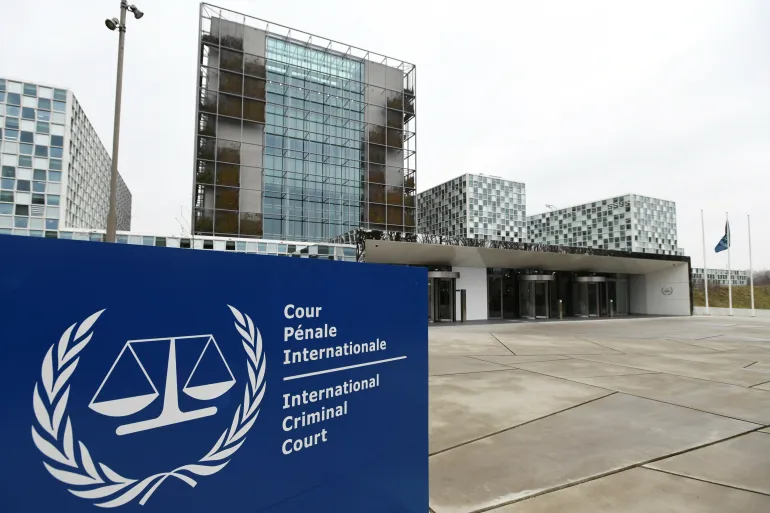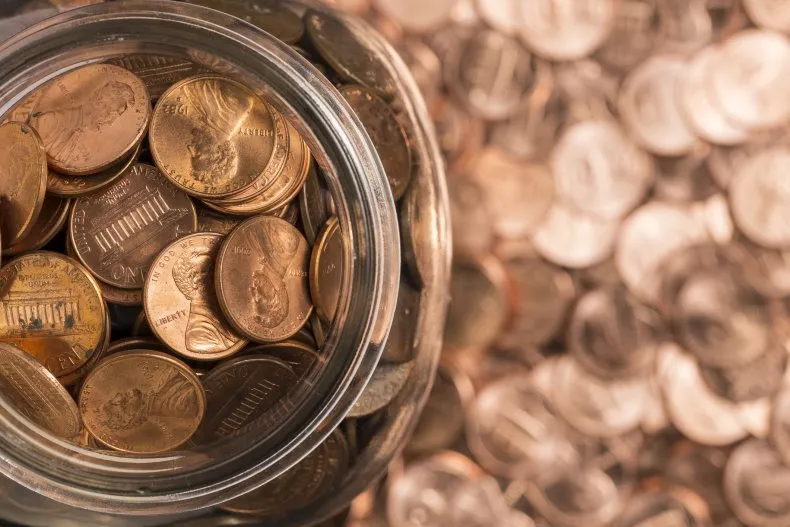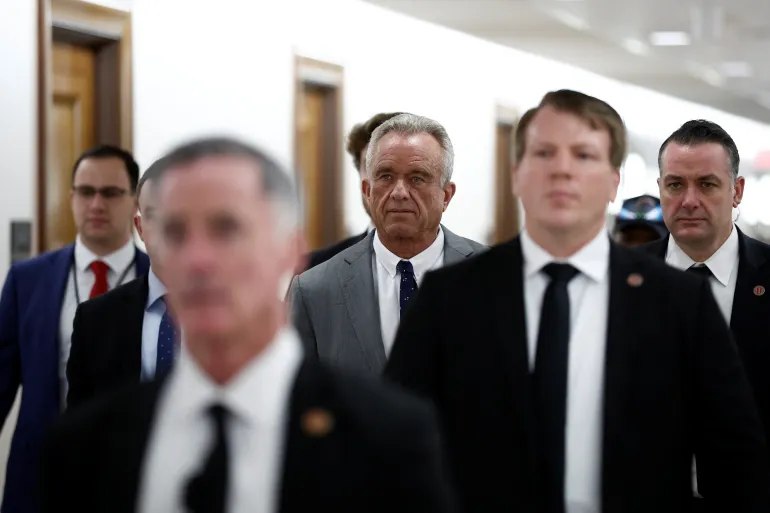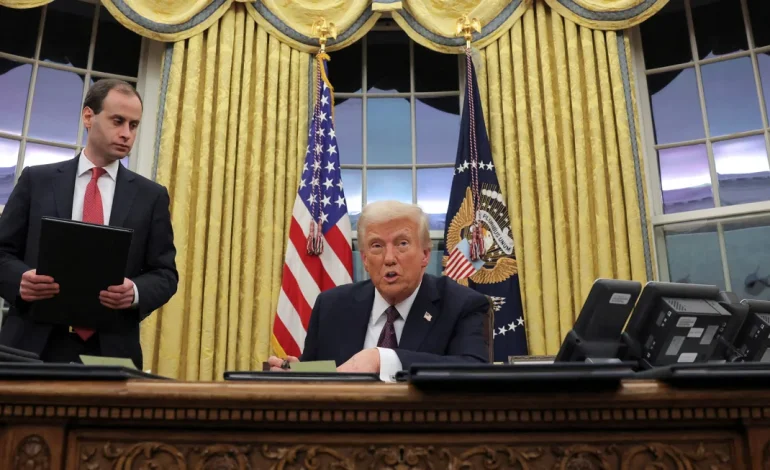Diversity, Equity, and Inclusion (DEI) initiatives have increasingly become a central point of contention across America’s boardrooms, state legislatures, and university campuses.
In recent years, these programs, initially designed to create a more equitable and inclusive society, have faced heightened criticism from conservatives. Notably, President Donald Trump’s administration has spearheaded efforts to roll back DEI policies within the federal government and private sector.
Upon taking office, President Trump wasted no time in addressing the issue, signing an executive order that banned DEI-related programs in federal hiring, including “environmental justice programs” and “equity initiatives.” The order also placed federal DEI staff members on paid administrative leave, signaling a bold move to eliminate what his administration deems as divisive and discriminatory policies. His Department of Government Efficiency, led by billionaire Elon Musk, has further critiqued DEI as “another word for racism.”
Critics, including figures like Musk and activist Robby Starbuck, have condemned DEI as a system that promotes racial preferences and undermines meritocracy. Musk, in particular, has consistently vocalized his belief that DEI, due to its focus on race and gender, constitutes a form of reverse discrimination. His comments reflect broader conservative skepticism about the programs’ impact on American values and fairness.
These actions come in the wake of corporate leaders like Walmart pulling back on DEI initiatives, such as racial equity training programs, while others, like McDonald’s, reconsider their DEI practices. The political and social backlash, fueled by incidents like the deadly Los Angeles wildfires, has only intensified. For instance, Los Angeles Fire Chief Kristin Crowley, who was criticized for her emphasis on diversifying the fire department, found herself embroiled in a debate that questioned whether a focus on diversity was at odds with the primary goal of ensuring public safety.
The criticisms of DEI reflect a broader national debate. A Pew Research Center survey conducted in November 2024 showed that while 52% of U.S. workers view DEI efforts positively, a growing portion of the population (21%) now sees these initiatives as detrimental. As public sentiment continues to shift, the question remains: Is DEI dividing America or simply exposing underlying divisions?
At the heart of this debate are fundamental differences in how people understand DEI. Proponents argue that diversity brings valuable perspectives to the table, equity ensures fairness, and inclusion guarantees that all voices are heard. Supporters contend that DEI programs are an essential remedy for historical inequities and discrimination that marginalized communities have faced. As Daniel Oppong, founder of The Courage Collective, explains, these initiatives are designed to create workplaces where people from all walks of life can thrive.
DEI’s roots trace back to the Civil Rights Movement of the 1960s, when landmark legislation like the Civil Rights Act of 1964 outlawed discrimination and paved the way for affirmative action policies. Over the decades, DEI initiatives have evolved from basic diversity training to full-fledged corporate strategies aimed at promoting fairness in hiring, promotions, and pay. In fact, between 2019 and 2022, roles dedicated to diversity and inclusion grew by 169%, according to a LinkedIn analysis.
However, critics argue that DEI programs have gone too far, turning into tools for advancing political ideologies under the guise of social justice. Christopher Rufo, a prominent DEI critic, described these initiatives as political movements that manipulate taxpayer resources to push a specific agenda. Ryan P. Williams of the Claremont Institute warns that DEI promotes a divisive system where people are categorized into “oppressors” and “oppressed” based on race, which he believes poses a threat to American unity.
Despite the rising opposition, not all business leaders share this view. Mark Cuban, a vocal supporter of diversity initiatives, defends DEI, arguing that diverse teams are essential to business success. Other corporate leaders, such as former Merck CEO Ken Frazier and American Express CEO Ken Chenault, have echoed similar sentiments, emphasizing that a commitment to diversity unlocks untapped potential in a world where not everyone starts on equal footing.
While some companies like Costco and Apple have maintained their DEI commitments, others, faced with mounting political pressure, have pulled back. Shareholder proposals, often backed by conservative think tanks, are gaining traction in their efforts to force companies to reconsider their diversity initiatives. The tension between maintaining DEI policies and appeasing critics reflects a broader corporate dilemma in an increasingly polarized society.
In sum, DEI has evolved from a corporate responsibility to a flashpoint in the culture wars. As figures like Trump and Musk continue their campaigns against DEI, it’s clear that the movement is no longer just a business or social issue—it’s a political one that resonates deeply across America. Whether DEI will survive these challenges or eventually fade away will likely depend on how companies, politicians, and the public reconcile the values of diversity, fairness, and unity.
CNN and the New York Times contributed to this report.









